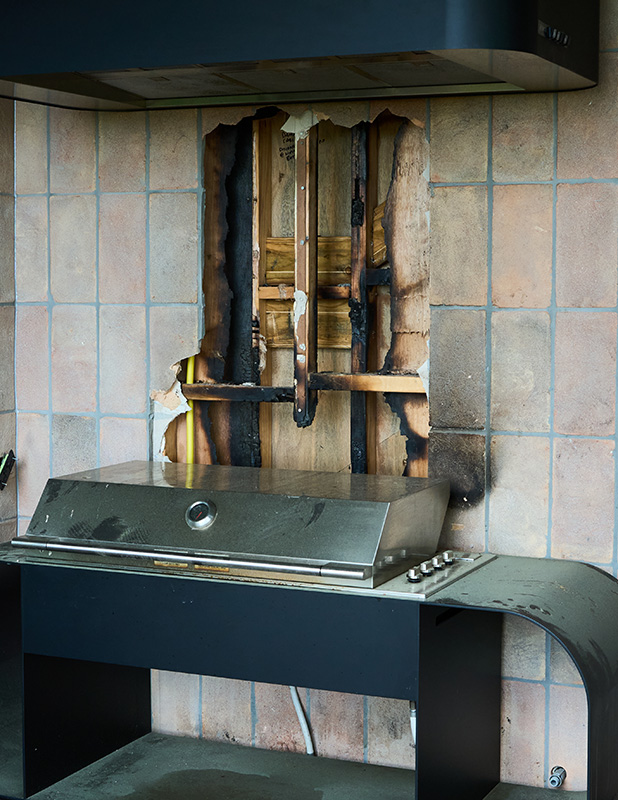
Every year, CFA firefighters are called to attend fires caused by barbecues. These fires are mostly preventable.
While barbecues are a fantastic way to gather with friends and family, there are a few things you need to do to stay safe.
Before you fire up the barbecue:
- Check the LP gas cylinder before you turn it on. A cylinder must not be refilled if it hasn’t been tested for more than 10 years or if the cylinder has been damaged. The best way to ensure this is to use a reputable cylinder exchange service.
- Be aware all newly manufactured barbecues and cylinders are fitted with a new, safer design connection to prevent gas from being released if the connection is not properly fitted.
- Check the hose to make sure it has not deteriorated.
- Check the connections to make sure they are tight and that the O rings are in good condition and have not cracked or split.
- Check for gas leaks by spraying soapy water on the connections and hoses. Bubbles will appear if there is a leak when you turn on the gas.
- Use your barbecue in a clear space and ensure there is adequate clearance from walls, fences, and other property.
- Never use a barbecue indoors or in a confined space. Besides the fire risk, there is also a risk of carbon monoxide poisoning from using an LPG barbecue indoors.
- Cook with properly designed barbecue utensils and wear an apron to protect yourself from hot fat.
- Remove excess fat from the barbecue after each use to prevent fat fires.
- Do not use barbecues in windy conditions as the burners may blow out, risking a gas leak.
If a fire occurs, turn off the gas at the cylinder or meter, but only if safe to do so. In most cases this should allow the fire to extinguish itself.
If the fire doesn’t go out by itself, use a hose from a safe distance or a fire extinguisher to extinguish the fire.
If you're unable to extinguish the fire safely, call Triple Zero (000).
Page last updated: Tuesday, 24 January 2023 8:17:58 AM